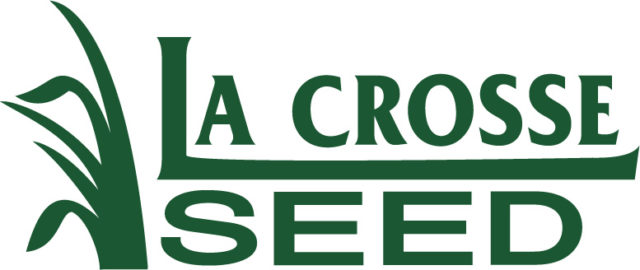As she promised one year ago, Mary DeBeer established her own biocontrol nematode-rearing lab in Moira in northern New York in 2016. The young agricultural entrepreneur is on the leading edge of business development prompted by the success of pest management research funded by the farmer-driven Northern New York Agricultural Development Program.
“With the development of her own biocontrol nematode-rearing facility, Mary is leading the way for new business opportunities as a result of the long-term commitment the farmers of northern New York made to find a science-based solution for alfalfa snout beetle,” says Dr. Elson Shields, the Cornell University entomologist who pioneered the use of native New York nematodes as a biocontrol for managing the destructive crop pest.
DeBeer, who earned an agronomy degree at SUNY Morrisville (Morrisville State College) and a dairy degree at the University of Wisconsin – Madison, learned how to rear and apply the biocontrol nematodes with Cornell University research support specialist Tony Testa, who developed the nematode-rearing protocol at the Shields Lab at Cornell.
In the new facility at her family’s farm, DeBeer raises the nematodes and helps schedule their custom application by her father, Ronald DeBeer of DeBeer Seeds and Spraying. In 2016 they tripled the number of farm acres protected by the microscopic worms that are proven to reduce alfalfa snout beetle populations and are showing promise for managing corn rootworm in Northern New York Agricultural Development Program-funded research trials that Shields currently has underway on regional farms.
The number of acres treated by the DeBeers has grown from 125 acres in Franklin County in 2014, to 435 acres across six farms in the county in 2015, to 1,200 acres on farms in Franklin and St. Lawrence counties in 2016.
DeBeer gained three new customers in 2016 after the farmers discovered alfalfa snout beetle in their fields. The insect can destroy entire fields of alfalfa, a high-value dairy and livestock feed crop, in just one growing season.
“My goal is to grow my nematode-rearing capacity to supply other custom applicators and farmers who apply the nematodes on their own to protect their crops,” DeBeer says. ![]()
—From Northern New York Agricultural Development Program news release









